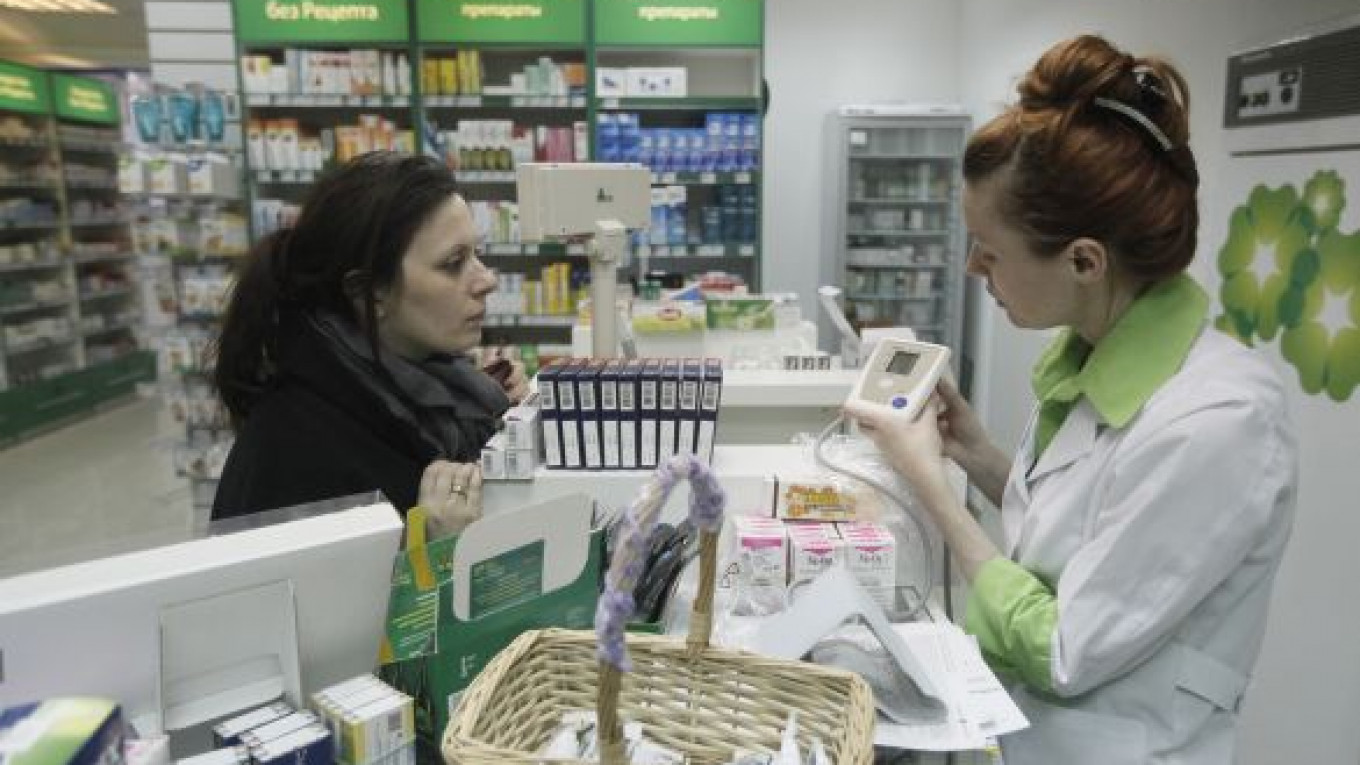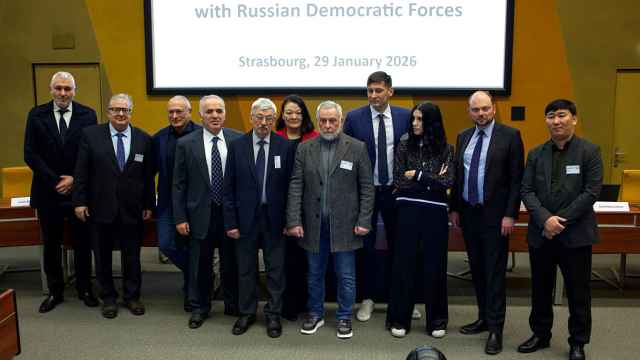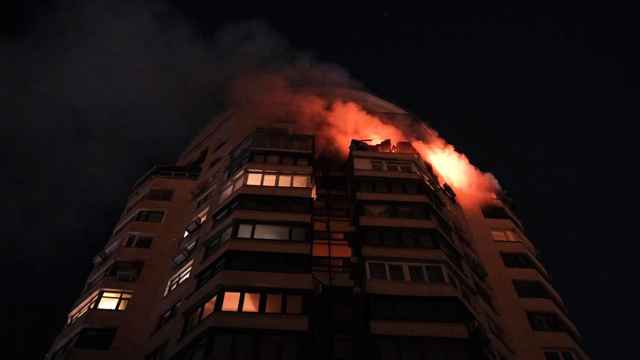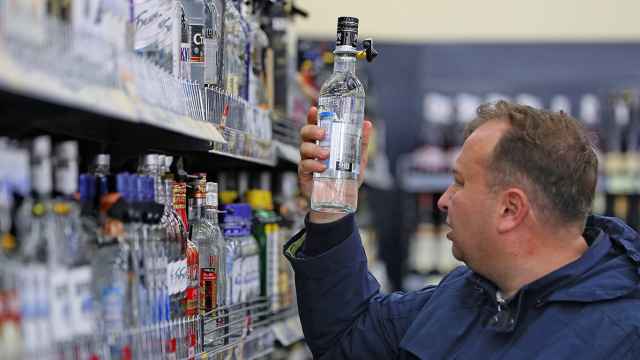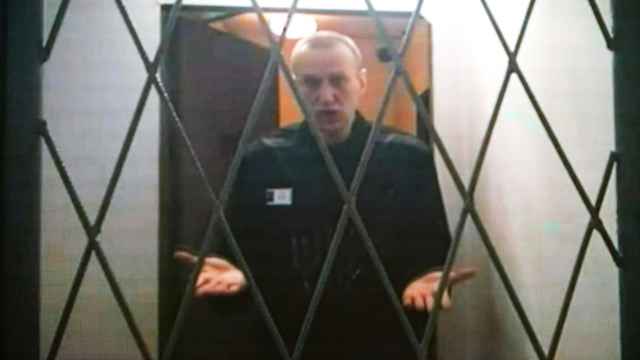The growth of the domestic pharmaceutical industry might decline next year if the situation in Europe and the United States, which are struggling to fight a sovereign debt crisis, deteriorates, an international drug maker said Tuesday.
Domestic drug sales could decline if the global economy enters a recession again and oil prices decrease from their current level of about $110 per barrel in the middle term. Given Russia's dependence on the oil and gas industry, the government might not have sufficient funds to finance state purchases of drugs, said Nenad Pavletic, president of AstraZeneca Russia.
Consumers would also have less money available to buy medications during the crisis, Pavletic told journalists.
This might result in the pharmaceutical industry showing "very low single-digit" growth, he said.
However, this is the worst-case scenario, and the industry is likely to grow 7 percent to 10 percent next year if the European leaders find a way to resolve the crisis, Pavletic said.
Growth of 10 percent in 2012 is realistic, but the domestic pharmaceutical market is already facing the negative impact of the debt crisis is Europe, said Nikolai Demidov, chief executive of Pharmexpert, a market research company.
A substantial part of the domestic pharmaceutical market — which is expected to grow 12 percent this year — is represented by European drug makers, whose policy in the emerging market largely depends on the economic situation in Europe, Demidov said.
"The policy of foreign drug makers in Russia is likely to undergo certain changes," he said by telephone.
Pavletic said the crisis is unlikely to affect AstraZeneca's plans in Russia because the company is committed to long-term investment in the country.
The British-Swedish pharmaceutical giant joined other foreign drug makers launching manufacturing in Russia earlier this year, after the company started construction of a $170 million plant in the Kaluga region.
The company also plans to open a research and development center in St. Petersburg in the near future and is seeking to enter into partnerships with domestic drug makers to develop new drugs.
Among foreign drug makers planning to build plants locally or that have already launched production in Russia are Nycomed, Novo Nordisk and Sanofi-Aventis.
French drug maker Ipsen said earlier this year that it's considering the option of setting up manufacturing in Russia.
Despite strained economic conditions, Pavletic remained confident in Russia's market, saying he expects that more international drug makers will seek to localize production in the country by building their own plants or finding a local partner.
But Demidov said he wouldn't expect new large-scale investment locally in projects by foreign drug makers amid the uncertainty in Europe.
"What has been announced is likely to continue because they're long-term projects and their termination could be caused only by critical factors that are not visible at the moment," he said.
A Message from The Moscow Times:
Dear readers,
We are facing unprecedented challenges. Russia's Prosecutor General's Office has designated The Moscow Times as an "undesirable" organization, criminalizing our work and putting our staff at risk of prosecution. This follows our earlier unjust labeling as a "foreign agent."
These actions are direct attempts to silence independent journalism in Russia. The authorities claim our work "discredits the decisions of the Russian leadership." We see things differently: we strive to provide accurate, unbiased reporting on Russia.
We, the journalists of The Moscow Times, refuse to be silenced. But to continue our work, we need your help.
Your support, no matter how small, makes a world of difference. If you can, please support us monthly starting from just $2. It's quick to set up, and every contribution makes a significant impact.
By supporting The Moscow Times, you're defending open, independent journalism in the face of repression. Thank you for standing with us.
Remind me later.


